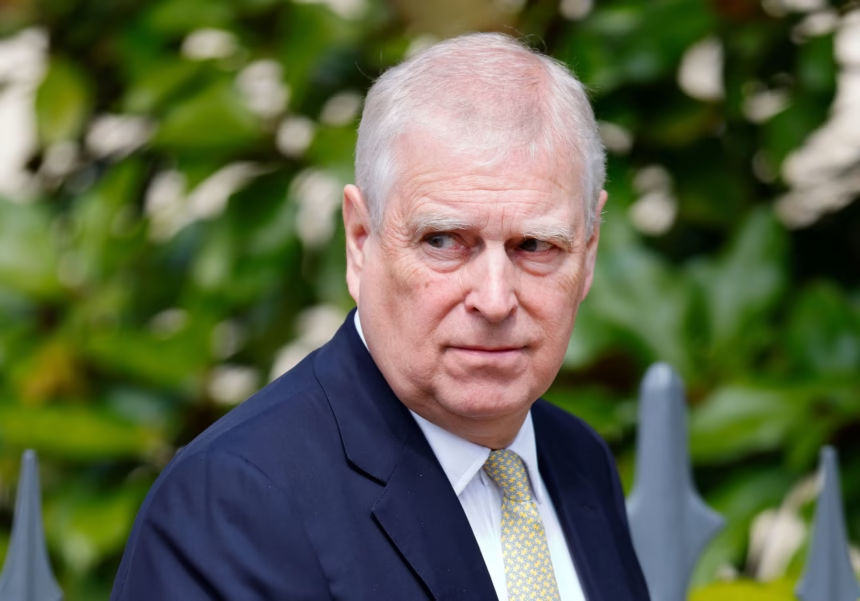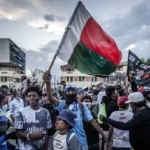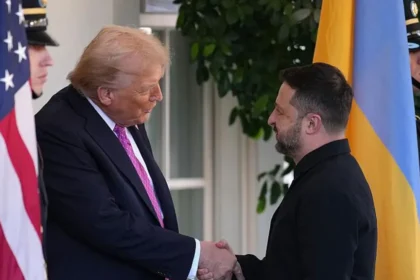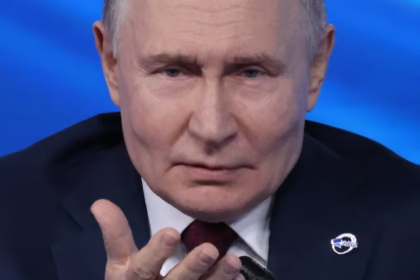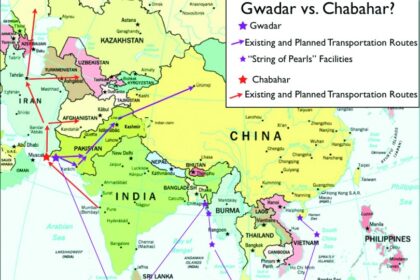Prince Andrew announced on Friday that he will give up his public use of the title Duke of York and certain royal honors, a significant step in his retreat from the spotlight amid growing pressure and unresolved controversies. He said in a statement that continued accusations against him had become a distraction to his brother, King Charles, and to the wider royal family, and that he therefore “must now go a step further” than his previous decision to stand back from public duties.
Although he will technically retain the dukedom, he will no longer use it or the associated honours in public life. He will also relinquish honours such as the Knight Grand Cross of the Royal Victorian Order and the Royal Knight Companion of the Order of the Garter. His former wife, Sarah Ferguson, has agreed to forgo use of her Duchess of York title. Their daughters, Princess Beatrice and Princess Eugenie, will continue to use their royal titles.
Andrew’s decision follows years of public scrutiny over his friendship with convicted sex offender Jeffrey Epstein, a civil lawsuit settled in 2022, and more recent revelations renewing questions about his associations and conduct. According to his statement, and as confirmed by Buckingham Palace, the royal household was involved in discussions and “with His Majesty’s agreement” the change was made.
In his own words, Andrew wrote: “In discussion with The King, and my immediate and wider family, we have concluded the continued accusations about me distract from the work of His Majesty and the royal family. I have decided, as I always have, to put my duty to my family and country first.” He acknowledges that he continues to deny the accusations against him. “With His Majesty’s agreement, we feel I must now go a step further. I will therefore no longer use my title or the honors which have been conferred upon me.”
The royal family issued a brief statement confirming the change and noting the decision was taken in close consultation with senior royals. The move is seen as the latest attempt by the monarchy to contain reputational damage and allow the institution to move forward without the constant spotlight on Andrew’s controversies.
For the public and the media, the change is both symbolic and practical. Though the title remains legally his, its disuse effectively reduces his public status and role. The decision comes amid widespread public support for stricter accountability of royals involved in scandal. A recent poll indicated that a large majority of Britons believe Andrew should be stripped of remaining titles.
Andrew’s background includes service in the Royal Navy, including during the Falklands War, and a period as a working royal with public duties and patronages. However, his career in the royal spotlight has been overshadowed for nearly a decade by legal and reputational issues. He stepped back from royal duties in 2019 after a widely criticized interview about his relationship with Epstein. The 2022 settlement of a civil sexual assault case intensified public scrutiny and prompted his removal from military titles and patronages.
Despite relinquishing his public royal roles, Andrew will remain a prince and retains his place in the line of succession. He will also continue to live at Royal Lodge on the Windsor estate. His daughters remain unaffected in their titles and roles, and their public and private lives are expected to continue without disruption.
Within the palace and among royal observers, the decision is viewed as a pivotal moment. Analysts note it is rare for a senior royal to step down from their title voluntarily and the last comparable case occurred over a century ago. The move underscores the mounting urgency for the monarchy to address issues of accountability, public trust, and the blurred lines between personal behavior and institutional reputation.
Questions now remain about whether this change will satisfy critics and whether further steps might follow such as legal reforms allowing the monarch or Parliament to remove titles from royals under misconduct. Some lawmakers have already introduced bills aimed at reforming how honors and titles can be revoked.
For Andrew himself, the move marks a definitive retreat from the public role he once held. While his statement emphasizes his continued denial of the allegations and his desire to priorities family and country, the practical effect is a narrowing of his responsibilities and a minimizing of his status. He has indicated he will continue to live privately and limit his public engagements, acknowledging the extent to which his personal controversies affected the monarchy’s work.
In sum, Prince Andrew’s announcement that he will step back from the Duke of York title and relinquish honors represents a significant downgrading of his royal standing, initiated in concert with the King and royal family. While it does not pre-empt further scrutiny or legal developments, it does signal a new chapter in how the monarchy is responding to scandal and internal reform.


